By Jessica Ruthenberg, DGIF Watchable Wildlife Biologist and Chapter Co-Advisor for VMN-Tidewater Chapter
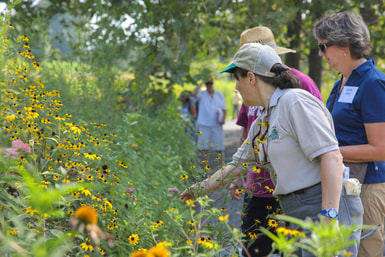 DGIF Habitat Education Coordinator leads a pollinator workshop at Lake Shenandoah's restored meadow habitat. Photo by Meghan Marchetti.
DGIF Habitat Education Coordinator leads a pollinator workshop at Lake Shenandoah's restored meadow habitat. Photo by Meghan Marchetti. As Virginia’s lead agency for wildlife protection and conservation, the Virginia DGIF has been conserving wildlife habitat in the Commonwealth for decades. We own more land than any other state agency in Virginia and we support restoration work on National Forests and private lands.
In addition to our habitat work on public lands, we also provide education, outreach, and technical expertise to help Virginians create and improve habitat in their own communities and private properties. As Virginia Master Naturalists, you are likely familiar with our Habitat Education Coordinator, Carol Heiser, and her work on DGIF’s Habitat Partners© Education Program, which provides volunteer training for community leaders who want to establish native plant demonstration gardens. Additionally, for private landowners, DGIF has a team of private lands wildlife biologists (PLWBs), hired jointly with Virginia’s Natural Resources Conservation Service (NRCS), that specialize in on-site landowner habitat evaluations followed by management planning where appropriate. Working with native plant species is a cornerstone of their technical expertise.
In addition to our habitat work on public lands, we also provide education, outreach, and technical expertise to help Virginians create and improve habitat in their own communities and private properties. As Virginia Master Naturalists, you are likely familiar with our Habitat Education Coordinator, Carol Heiser, and her work on DGIF’s Habitat Partners© Education Program, which provides volunteer training for community leaders who want to establish native plant demonstration gardens. Additionally, for private landowners, DGIF has a team of private lands wildlife biologists (PLWBs), hired jointly with Virginia’s Natural Resources Conservation Service (NRCS), that specialize in on-site landowner habitat evaluations followed by management planning where appropriate. Working with native plant species is a cornerstone of their technical expertise.
| We are particularly thrilled to share our newest habitat initiative–a membership program, called Restore the Wild. Restore the Wild Memberships are for anyone who would like to support DGIF’s efforts to restore and create healthy wildlife habitats across the Commonwealth. DGIF offers three levels of membership: hummingbird, bluebird, and golden eagle. All members will receive one year of access to our state Wildlife Management Areas (WMAs)and Lakes, plus additional benefits and gifts depending on the level of membership purchased. |
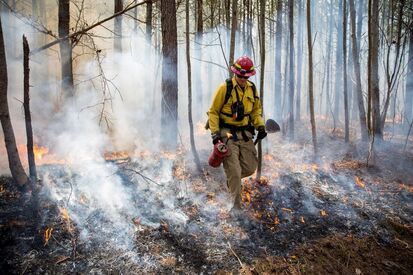 DGIF Big Woods WMA Supervisor Matt Kline working a controlled burn at Big Woods. Photo by Meghan Marchetti, DGIF.
DGIF Big Woods WMA Supervisor Matt Kline working a controlled burn at Big Woods. Photo by Meghan Marchetti, DGIF. Proceeds from the memberships will help support the DGIF’s on-going habitat restoration projects, including:
The DGIF invites you to join us and help keep Virginia’s wild places wild!
Thank you for all that you do to support habitat in the Commonwealth! We look forward to seeing everyone at the VMN annual conference this fall!
- Establishment and maintenance of meadows containing native wildflowers and grasses at the DGIF’s Goshen WMA, Lake Shenandoah, and Crooked Creek WMA. These meadows will support grassland birds and pollinators.
- Restore open pine woodlands through prescribed burns and planting longleaf pines at Big Woods WMAto benefit the endangered Red-cockaded Woodpecker, as well as grassland songbirds, Northern Bobwhite, and Wild Turkey.
- Improve open shrubland habitats along a ridgeline on DGIF’s Highland WMA by connecting two existing openings, facilitating shrub growth, and cutting back forest edges. This project will benefit the Golden-winged Warbler, an imperiled songbird, and other bird species.
- Working with partners to restore nearly ¾ miles of stream channel on the North Fork Roanoke and its adjacent shoreline. Multiple aquatic wildlife will benefit from this project; including the endangered Roanoke Logperch, a small freshwater fish, and the imperiled Eastern Hellbender, a large aquatic salamander.
The DGIF invites you to join us and help keep Virginia’s wild places wild!
Thank you for all that you do to support habitat in the Commonwealth! We look forward to seeing everyone at the VMN annual conference this fall!

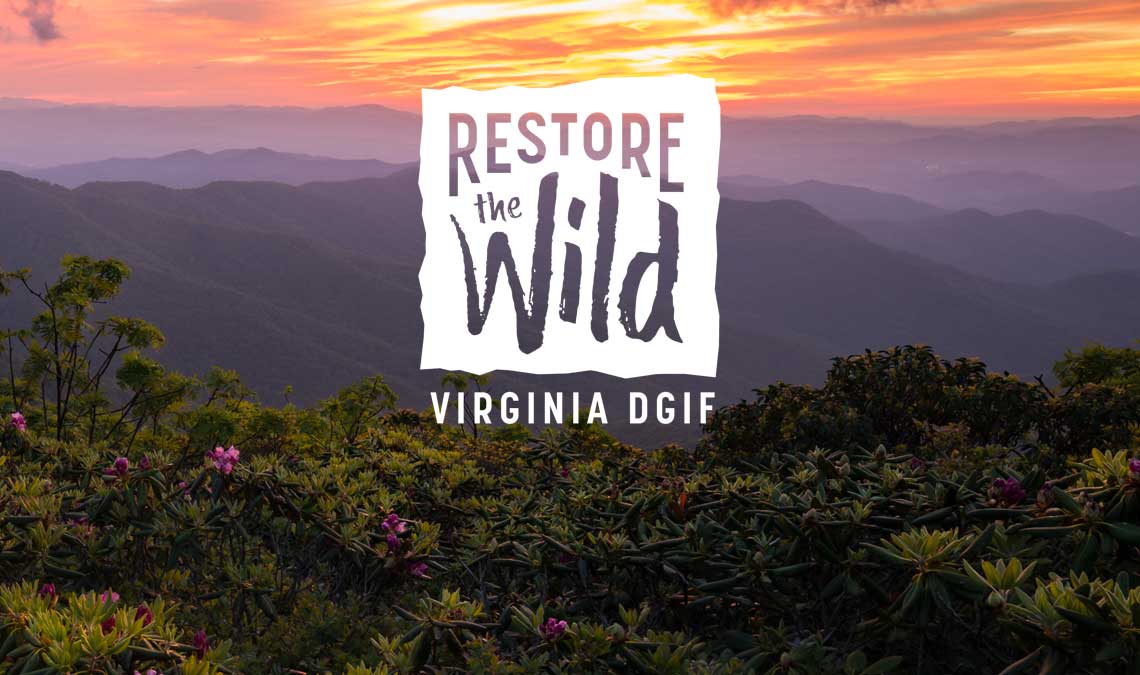
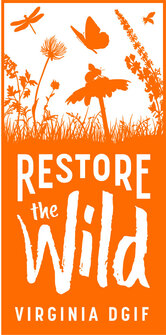
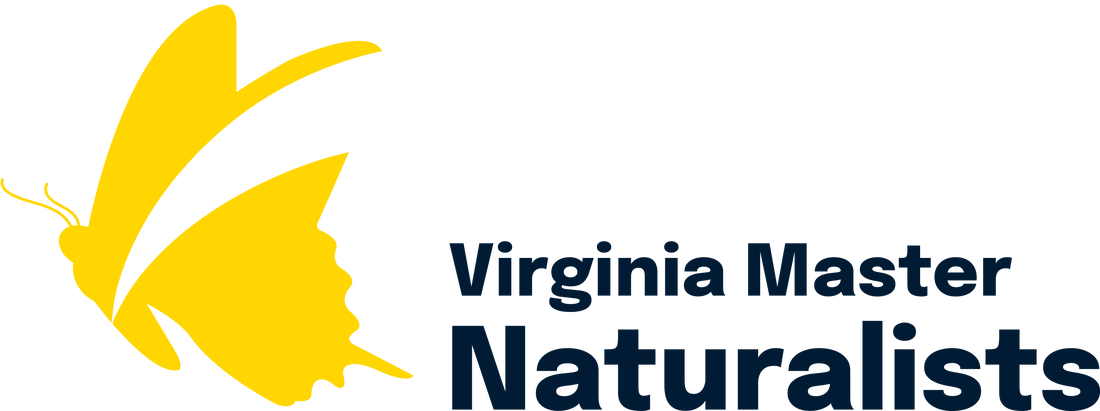
 RSS Feed
RSS Feed